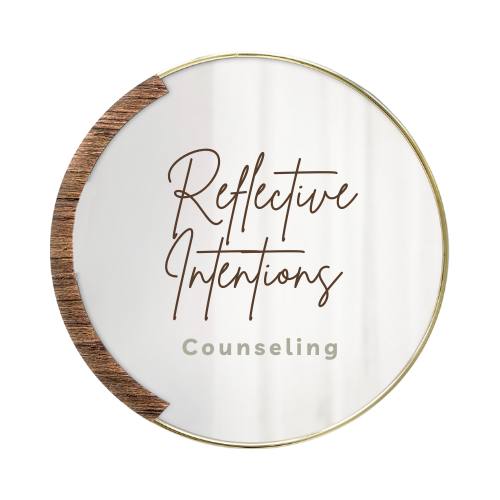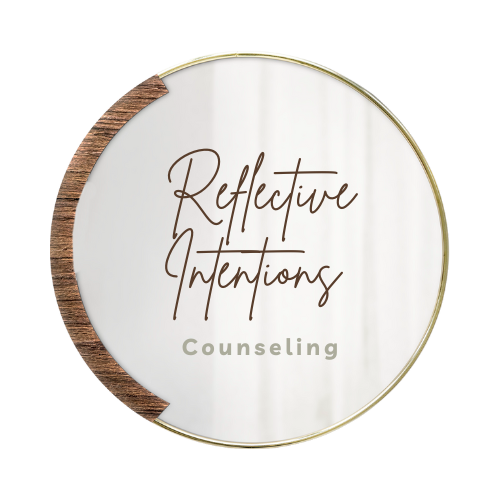Trauma doesn’t have to be a third wheel in your relationships.
Say goodbye to trauma bonding.
What is Trauma?
Trauma is a wound to the psyche. Like a physical wound, when left unattended, trauma can infect other areas. It doesn’t necessarily look like jumping at loud noises or having a flashback. Sometimes, trauma shows up in different ways.
Relational trauma, which is what I focus on treating, is the trauma experienced at the hands of those with whom we have relationships or interactions. This includes parent/child, co-worker, friend, and intimate partner. Relational trauma treatment often looks at the dynamics that occur within a person’s relationship.
Common presentations of trauma in relationships
So, does a person tend to be anxious about their partner going out? Is this person feeling like they can argue with their partner without feeling like they will break up? When a person has a relational trauma history, the answer to these questions is purely emotive. This means regardless of what the logical part of their brain says, their emotions and their anxiety tell them that they are never safe and will be let down by the people around them. This can often cause self-sabotage. Outcomes for counseling can be knowing the difference between trusting your gut and knowing when it’s anxiety.
Trauma or anxiety?
To be honest, they occur together. Most, if not all, people who’ve experienced trauma also live with anxiety. Most of my clients come to me thinking that they have bad anxiety, and while they do, that’s not the culprit behind the problems they come to see me for. It’s often a glitch in their attachment style (how we relate to others). Codependency, gaslighting, breadcrumbing- all of these buzzwords you hear on TikTok are a result of not knowing how to relate to another person healthily. One of the things I focus most on in the early days of the session is alleviating the sense of responsibility survivors have for being in an unhealthy relationship. Manipulators are masterminds at making their victims feel like the actions of the abuser are the victim's fault, and this could not be further from the truth. In short, anxiety is sometimes a symptom of trauma, and trauma is how our past experiences show up in our present.
If I start healing from my trauma, will I forget what happened to me?
Unfortunately, even EMDR, which you can read about under services, doesn’t take memories away. Sometimes, my clients struggle with getting past what happened to them because they worry that if they forget their pain, maybe it’ll take their guard down. What I do to help clients start healing from trauma is to have them embrace their experience as something that happened to them rather than something that defines them. Instead of asking what’s wrong, I ask what happened. Through awareness, we can accept that what we feel, say, and do comes from a real place. We learn to validate ourselves in therapy. You won’t forget what happened to you and you will never let it happen again. That is the beauty of healing.
What is holding you back from trauma therapy in New Haven County?
Many people think they haven’t experienced “enough of something,” so they don’t seek therapy. Another reality is that it’s hard to find a good fit and someone who works with the issues that you want to explore.
Most of the time, when I work with trauma, especially among high-achieving folks, I see that they don’t realize they have trauma because…how could they? They are so functional. There’s been a lot of tucking memories away or pushing past the painful stuff that has happened to them. I noticed that trauma survivors have an extremely high pain tolerance; that’s why many people can go on for years, never talking about difficult things that have happened to them. There is a minimization and numbing to the pain and experiences. When a person numbs and represses their experiences, it may not show up in daily thought or even active memory, but it will stay in your body and your subconscious. Trauma always has a way of making itself known.
Begin confidence and self-worth therapy in New Haven County.
Trauma doesn’t have to be a third wheel in your relationship with others. I’d love to help you find yourself and see yourself beyond how others treat you. Help is here. Therapy, whether online or in-person, can help you feel more confident. My practice in New Haven County dedicates time and resources to treating relational and attachment-focused trauma and dissociation.
My goal is to help you become comfortable implementing and maintaining boundaries to cultivate meaningful, reciprocal, and fulfilling relationships with family, friends, and intimate partners.
When you commit to the work
We’ll meet for your initial session to get a sense of what your needs are and where I can help. I’m excited to help clients who want happy, healthy, and positive relationships with their families, friends, and partners.
What we process in therapy is 100% confidential. You may feel vulnerable initially, but our pace, what you disclose, and how we approach solutions and coping is up to you. I will challenge you and help you find the tools to have healthy, fulfilling, and meaningful relationships.

